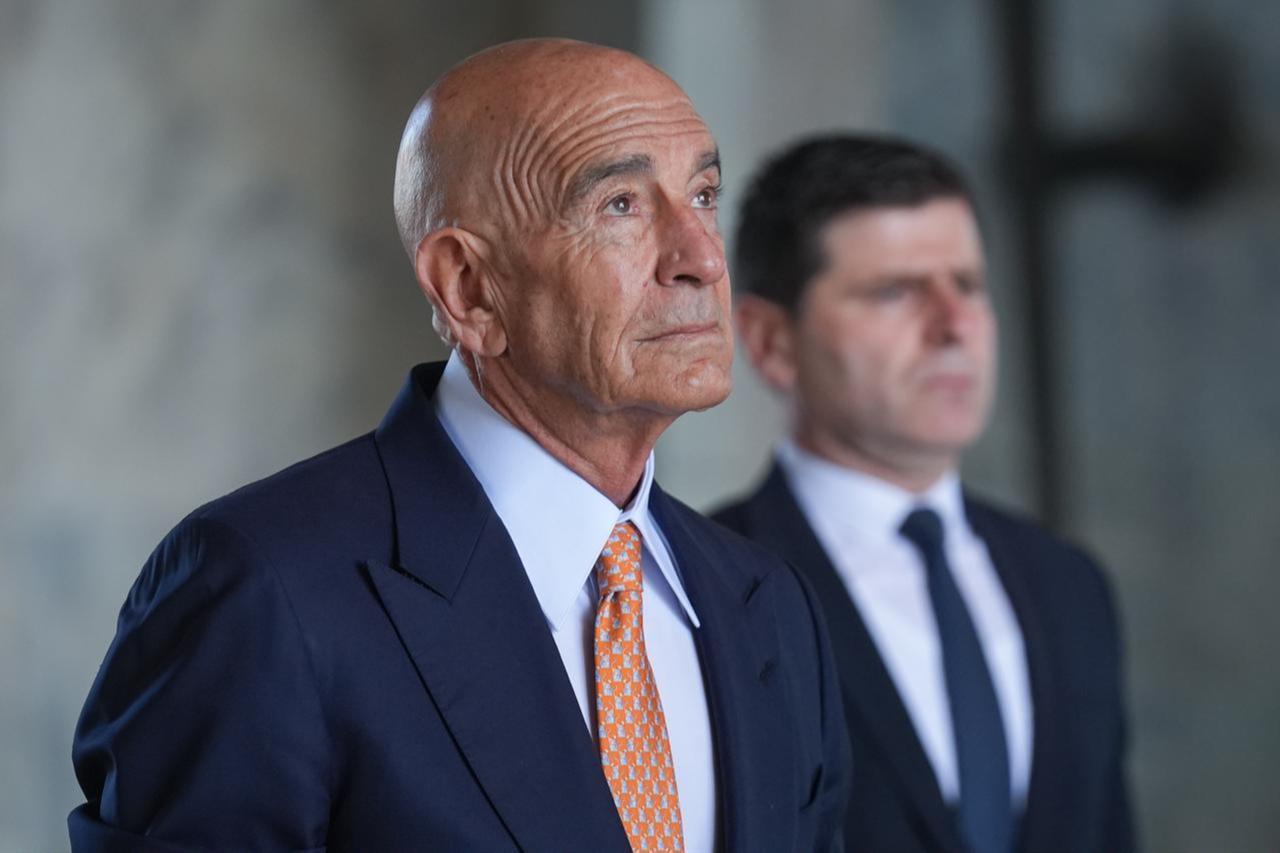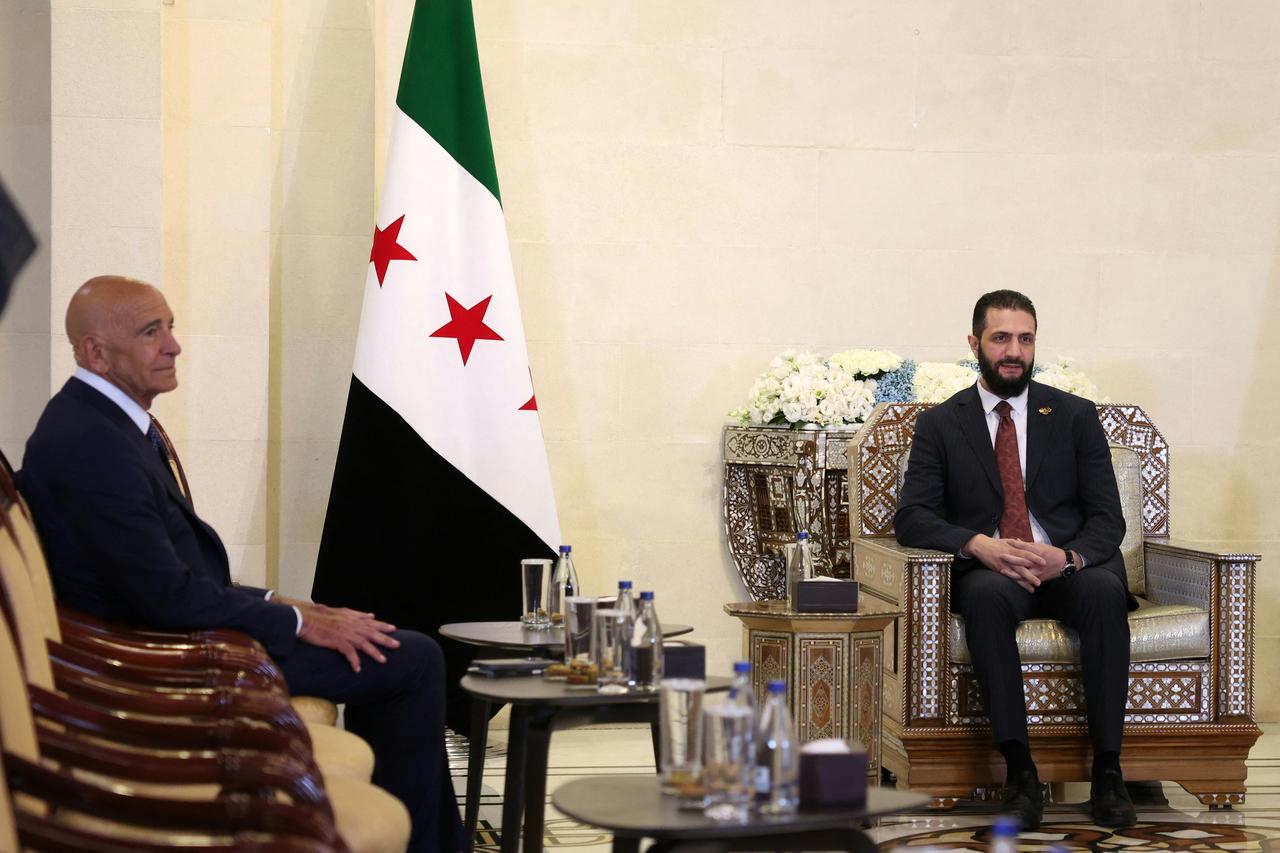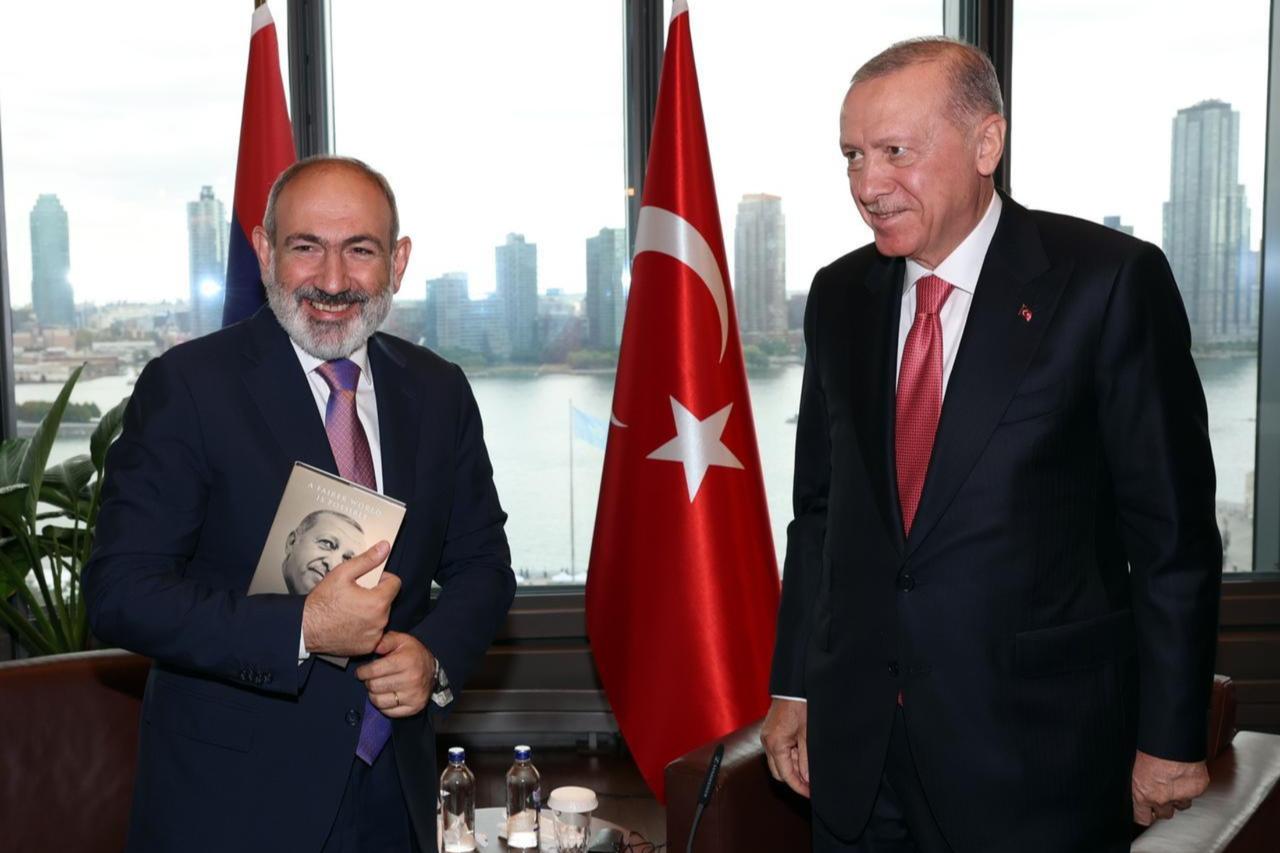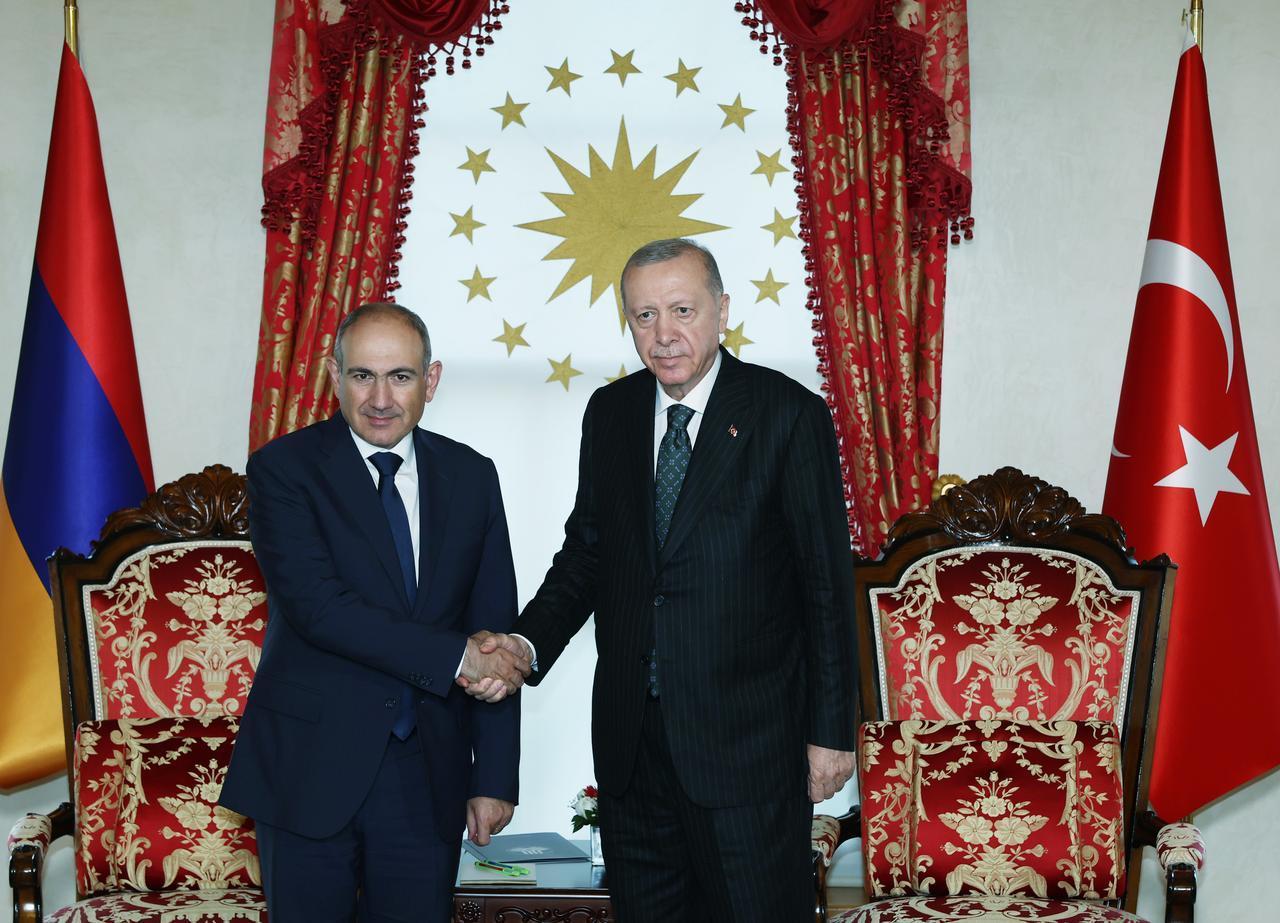
A recent post by the Armenian National Committee of America (ANCA) has intensified calls for the removal of Tom Barrack, the U.S. Ambassador to Türkiye and Washington’s special envoy for Syria, citing his alignment with Türkiye’s regional security priorities.
The tweet, which tagged Greek-American (@HellenicLeaders) and Kurdish-American (@AFKurds) groups, reflects growing discontent among Turkophobic and racist ethnic lobbies over Barrack’s position against Kurdish autonomy in Syria and his public support for a unified state structure in Syria.
Barrack has stated on several occasions that the U.S. backs a single Syrian state and does not support the creation of a separate Kurdish entity, referencing the ties between the YPG, SDF, and PKK terrorist organizations.

In recent months, Barrack has advocated for a "one Syria, one army" approach in official statements. His remarks have been welcomed in Türkiye, where officials view the YPG, SDF, and PKK as interlinked terrorist organizations operating along its southern border. "One Syria" approach is not viewed as Barrack's personal policy choices, but represents the U.S.'s changing policy toward the region.
However, Armenian, Kurdish, and Hellenic advocacy groups argue that this stance undermines the political aspirations of local actors in Syria and reflects Ankara’s geopolitical priorities.
Turkophobic Armenian diaspora group ANCA’s post called for Barrack’s dismissal, tagging @AFKurds and @HellenicLeaders to emphasize a united front among diaspora communities often critical of Türkiye’s influence in Washington. The post accused Barrack of "siding with authoritarian regimes" and "dismissing the rights of oppressed minorities."
Ankara has expressed strong support for Barrack’s position, describing it as a principled stance aligned with regional security and NATO commitments. Turkish officials say his approach helps contain terrorist threats along its border and contributes to regional stability.

In recent years, efforts toward normalization between Türkiye and Armenia have gained momentum. Armenian Prime Minister Nikol Pashinian has repeatedly expressed openness to dialogue, leading to contacts since 2022 focusing on reopening borders, restoring trade routes, and addressing historical issues through diplomacy.
While the Armenian government maintains a pragmatic foreign policy agenda centered on peace and economic recovery, ANCA DC and other diaspora groups in the U.S. continue to oppose normalization. Their aggressive stance against Barrack’s pro-Türkiye position reveals a growing strategic disconnect between the diaspora and Yerevan.
This divergence can be explained by the identity-based foreign policy shaped by “historical trauma” narratives prevalent in diaspora circles, in contrast to Yerevan’s practical considerations tied to sovereignty and regional integration.
These opposing approaches can generate confusion in U.S. policy circles and restrict Armenia’s diplomatic room for maneuver on the global stage.

Speaking at a press conference in Yerevan on July 17, Prime Minister Pashinian addressed the rising opposition to his Türkiye policy:
“Do you suggest we go to war with our neighbor instead of peace? Are you listening to yourselves?”
He emphasized that normalization with Türkiye is a matter of survival for Armenia’s independence and highlighted the benefits of open borders, new transit corridors, and cultural cooperation.
Yet, groups like ANCA DC have continued to voice harsh criticism of any engagement with Ankara. Their public calls for Barrack’s removal over his alignment with Türkiye reflect a deeper contradiction between diaspora activism and the Armenian government’s peaceful outreach.